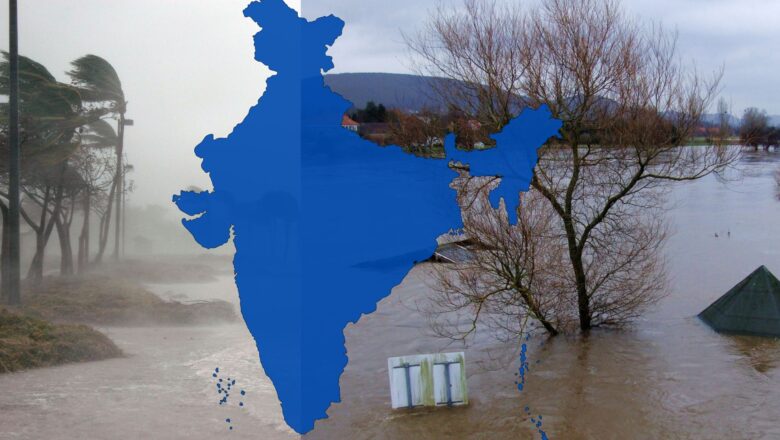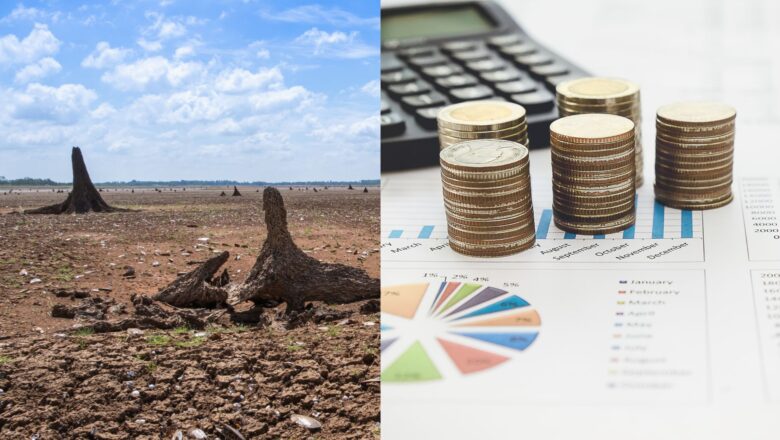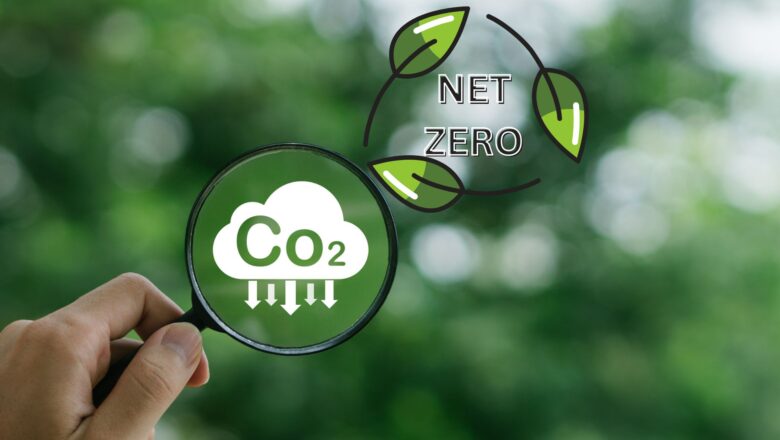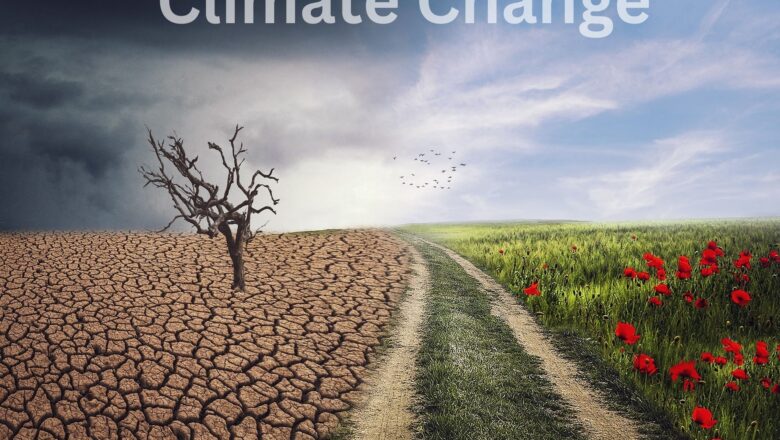
India Needs Comprehensive Climate Justice Policy for Disaster Resilience
As climate change-driven disasters intensify across India, experts are calling for a comprehensive climate justice policy that integrates disaster risk reduction, resilience building, and adequate budgetary allocations.
In 2024, extreme weather events impacted 255 out of 274 days, leading to 3,238 deaths, destruction of 2.35 lakh houses, and damage to 3.2 million hectares of land, according to the Centre for Science and Environment. Meanwhile, the Ministry of Home Affairs reported a 24% rise in disaster-related fatalities compared to the previous year.
Key Policy Gaps & Recent Amendments
The 2024 amendments to the Disaster Management Act, 2005, now include "disaster risk reduction", but effective implementation and budget oversight remain crucial.
Urban Disaster Management ...






